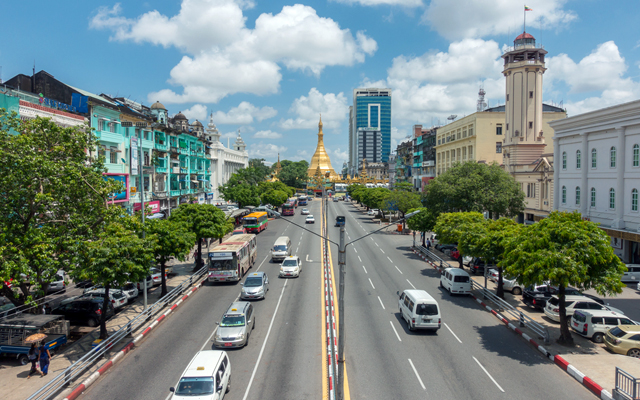The Myanmar Ministry of Hotels and Tourism is hoping to fatten its limited destination promotion funds with income from a possible bed tax.
Tint Thwin, director general of the Ministry of Hotels and Tourism, said the plan is to collect US$1 per room per night from international travellers, and 1,000 kyats (US$0.80) from domestic travellers staying in hotels.

Tint Thwin explained that the bed tax is needed, as the ministry has “a very tight budget (allocation) for promotion from the government”.
Money collected from the proposed bed tax will go into financing Myanmar’s participation in travel tradeshows, production of destination promotion materials, development of human resources, online presence, and improvement of tourism infrastructure such as building public toilets, among other things.
Tint Thwin expects the country to collect between US$4 million and US$5 million a year in bed taxes, based on last year’s international arrival of 3.5 million people staying an average of one week, as well as five million domestic travellers.
However, the ministry’s decision is vexing local hoteliers, according to Aung Myo Min Din, chairman of the Myanmar Hotelier Association.
Aung Myo Min Din told TTG Asia that this was a bad time to impose the new bed tax as the country might be raising the minimum wage limit by 45 per cent this year, a move that would drive up costs and rooms rates. “We are afraid this will dampen travellers’ desire to visit Myanmar,” he said.
Aung Myo Min Din revealed that this concern was tabled at the recent ASEAN Hotel & Restaurant Association meeting where Malaysian members shared that inbound traffic had dipped when Malaysia imposed a similar tax. In comparison, arrivals into Indonesia grew when the Indonesian government eased regulations on travellers.
At press time, private sector players and the government are in talks to find a better solution to growing the destination promotion fund.
Tint Thwin said: “I am sure the industry understands and agrees that more money is needed. We have a budget of only US$300,000, and our participation in the tourism expo organised by the Japan Association of Travel Agents last year cost us US$200,000.
“We also agree that tourism is one of the most important sectors (driving Myanmar’s national economy) but we are the least developed (in this aspect) among ASEAN members. We have the lowest arrivals of them all and yet our prices are higher than that of Laos, Cambodia and Thailand while our service standards are not as good. We need to improve.”
Tint Thwin hopes “the best solution to this” will be found in a couple of months.




















